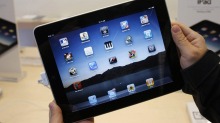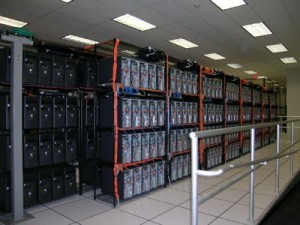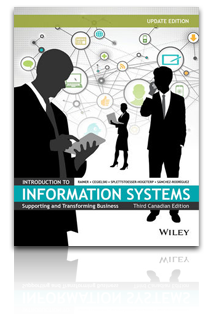Description: The goal is to improve health care and to reduce its long-term expense by moving the doctors and hospitals from ink and paper into the computer age — through a shift to digital patient records.
Source: NYTimes.com
The long-range vision is that computerized patient data is a step toward what health care specialists call a “learning health system.” That means data across populations of patients can be analyzed to find what treatments are most effective or to get early warnings on dangerous drug interactions.
“Islands” of such learning networks already exist, notes Charles P. Friedman, chief scientist in the federal health information technology office. By mining its patient data, Kaiser, for example, was first to identify a link between the pain-relief drug Vioxx and a higher risk of heart failure, well before Merck pulled the drug off the market in 2004.
Yet the road to a national computer-enabled learning system, specialists agree, promises to be long. A major obstacle is that so many doctors, especially in small practices, are leery of technology they see as needlessly hard to use and time-consuming. “Doctors don’t want to become clerks,” says Dr. Isaac Kohane, a health technology specialist at the Harvard Medical School. Read rest of story
Questions for discussion:
- What are the benefits of digitizing medical records ?
- Could theses benefits be relized in Canada’s versin of health care?
- Why hasn’t the medical industry moved to this digitized model of helath care before now?











